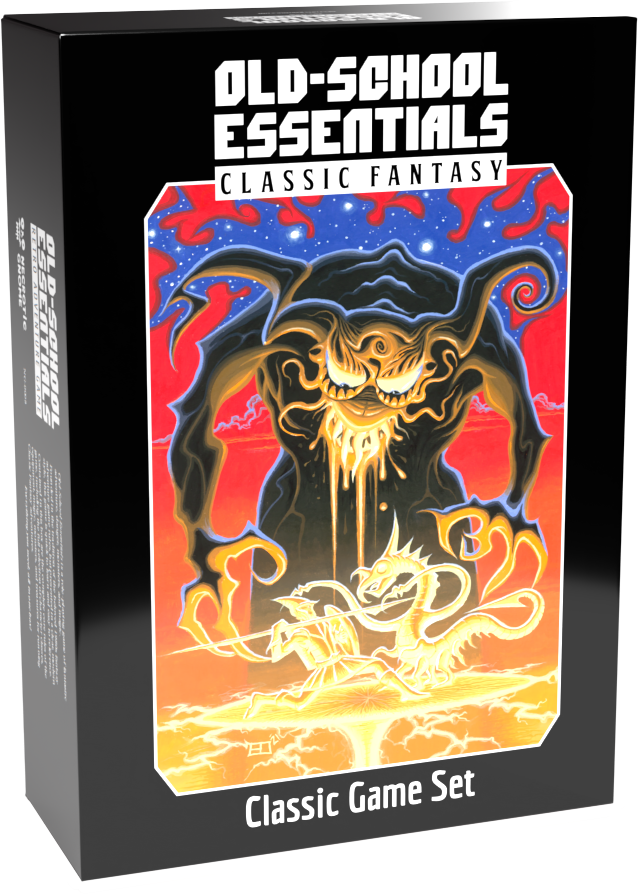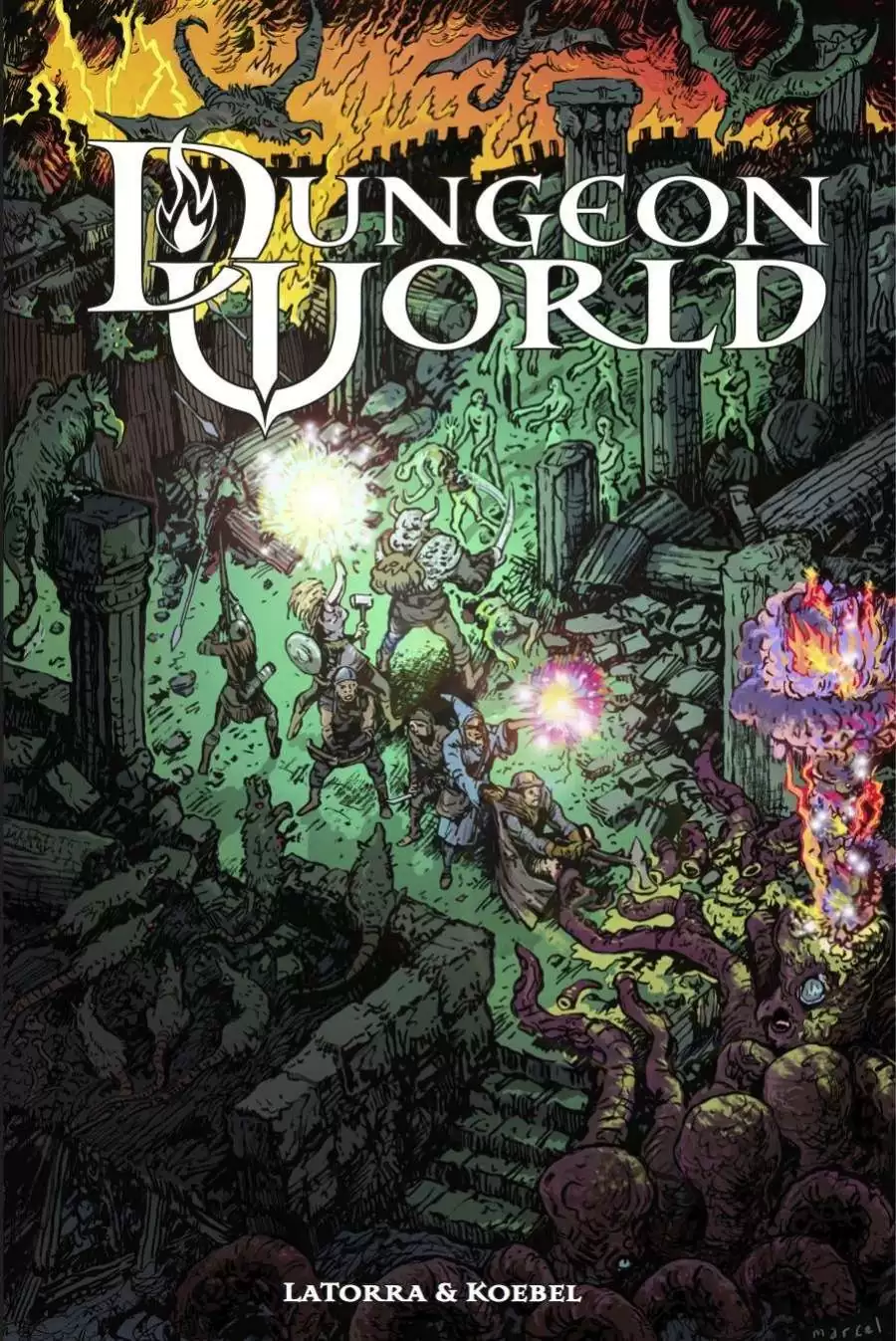Forbidden Lands Dark Fantasy; Survival; Sandbox; Exploration-Driven; Resource Management; Collaborative Worldbuilding
Forbidden Lands is a dark fantasy tabletop roleplaying game emphasizing survival, exploration, and collaborative worldbuilding in a cursed, sandbox environment. Players take on the roles of rogues and raiders, charting their own destinies in a dangerous and unforgiving land. Resource management and stronghold building add layers of strategic depth to the core gameplay loop, offering a unique player experience.
Theme and Setting
Forbidden Lands plunges players into a gritty, dark fantasy world scarred by ancient conflicts and supernatural curses. The setting emphasizes a sense of isolation and danger, with a focus on exploration and the rediscovery of lost locations. Players aren't heroic figures on grand quests but rather survivors seeking to carve out a place for themselves in a hostile environment. The world is designed to be explored hex by hex, revealing secrets and dangers at every turn, encouraging players to chart their own course through the landscape.
Core Mechanics and Rules
The core mechanics of Forbidden Lands center around the Year Zero Engine, known for its streamlined and narrative-focused approach. Skill checks involve rolling dice, with successes determined by rolling a six. The game places significant emphasis on resource management, requiring players to carefully track food, water, and other essential supplies. Travel, scouting, hunting, and resting are all governed by specific rules, ensuring that players are actively engaged in the process of survival. Characters can establish and develop their own strongholds, adding a strategic layer to the gameplay as they invest in defenses and infrastructure.
Unique Aspects of Forbidden Lands
Forbidden Lands distinguishes itself through its blend of open-world exploration, brutal survival mechanics, and collaborative worldbuilding. Unlike many traditional RPGs, the game doesn't provide pre-defined quests or storylines; instead, players are free to explore the map and pursue their own goals. The resource management system forces players to make difficult choices and prioritize their needs, adding a layer of tension and realism to the game. The stronghold building rules allow players to create a lasting impact on the world, establishing a base of operations and shaping the surrounding territory. The game promotes collaborative worldbuilding, where players contribute to the lore and history of the Forbidden Lands through their actions and discoveries.
Target Audience and Player Experience
Forbidden Lands appeals to players who enjoy challenging, exploration-driven gameplay with a strong emphasis on survival. The game is well-suited for groups who appreciate a sandbox environment and the freedom to chart their own course. The dark fantasy setting and brutal mechanics may not appeal to all players, but those who enjoy a gritty and unforgiving experience will find much to appreciate. The collaborative worldbuilding aspect encourages players to actively participate in the creation of the game world, fostering a sense of ownership and investment. The game has garnered awards for its cartography, production value, rules and setting indicating a generally positive reception among players.



